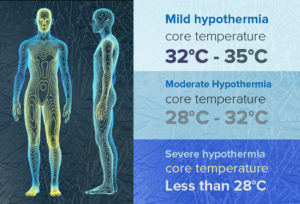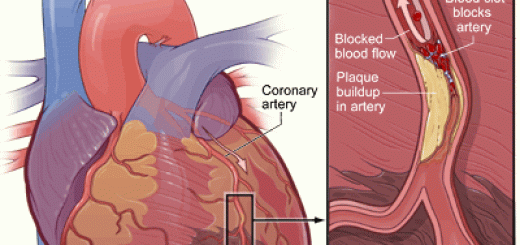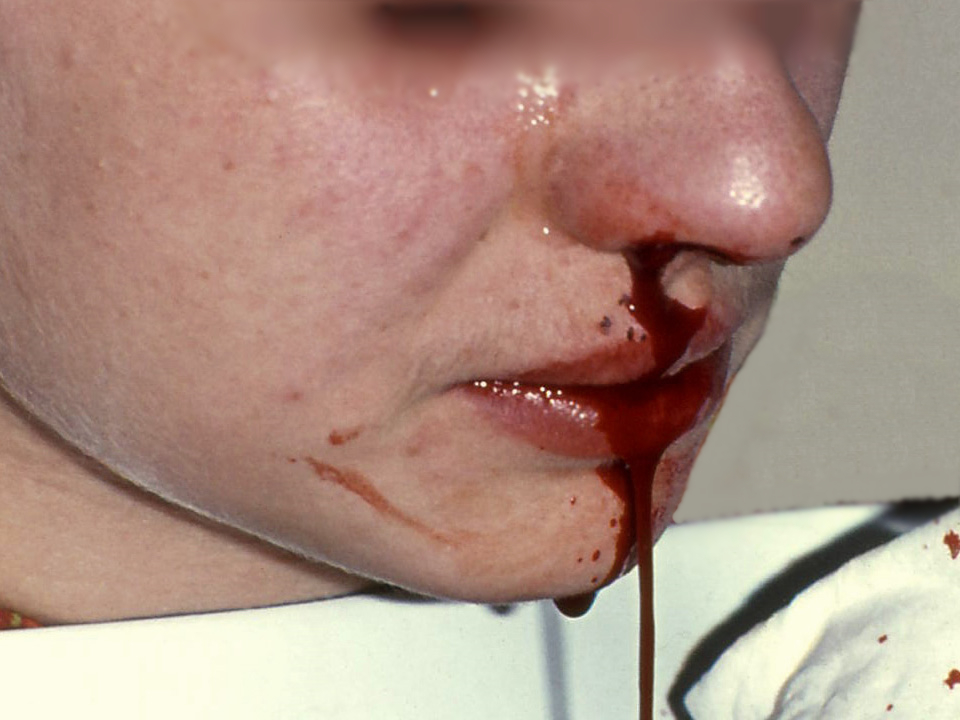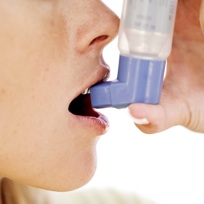First aid tip: First aid for hypothermia
In this first aid blog post we discuss the recognition and management of hypothermia (low body temperature).
What is hypothermia?
Hypothermia occurs when your body temperate drops below 35 degrees Celsius (95 Fahrenheit). Our body temperature is normally maintained between about 36.5 – 37.5 degrees Celsius.
This is the optimum temperature for our body’s processes to work. Any change in this temperature can cause life-threatening problems.
What causes hypothermia?
There are many reasons why someone may suffer from hypothermia. Most obviously, being exposed to the cold for a long period of time will cause the body temperature to decrease. Other factors such as “wind chill” and water can cause an incredibly rapid loss of heat.
Our body can compensate up to a point for heat loss – we start to shiver and blood is diverted away from our limbs. However, when these compensation mechanisms start to fail our ‘core’ temperature starts to drop – this is Hypothermia.
Hypothermia doesn’t have to occur outside, an elderly person in a cold house can easily slip into hypothermia as they can’t compensate for the heat loss as well. In addition, babies are also at risk from the cold.
Signs and symptoms of hypothermia
If someone is suffering from hypothermia they may:
- Look pale
- Have ‘cyanosis’ – blueness around the lips and fingers
- Be shivering (not always – shivering stops in late stage hypothermia)
- Appear disoriented and lethargic
- Have a slow pulse and breathing rate
First aid treatment for hypothermia
If you suspect someone is suffering from Hypothermia then follow the steps below:
1) Take the casualty to a sheltered place (if outdoors), make sure any wet clothing is removed and replaced
2) Cover the casualty in several layers of blankets (or improvise – sleeping bags etc.)
3) Encourage the casualty to eat high energy foods and have a warm drink (not boiling, just warm)
4) Call an ambulance if hypothermia is serious
Your aim is to warm the casualty slowly, using blankets/hats/sleeping bags will do this. Do not be tempted to suddenly warm the casualty (e.g: by placing them in a hot bath) as this could cause blood to be diverted away from the vital organs.






